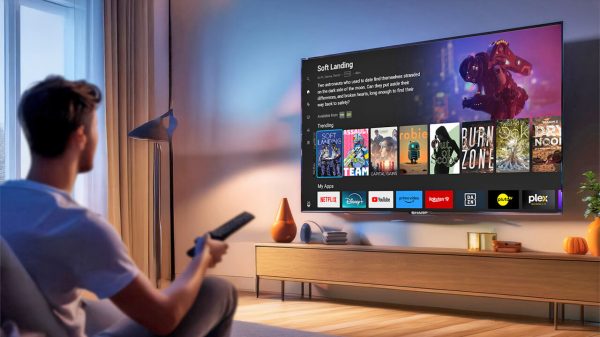- Apple iPhone OS
- Palm Web OS
- Google Android
- Microsoft Windows Mobile
Market research firm, In-Stat, believes we are entering a very critical time for smartphone OSs, as exemplified by four major smartphone announcements on October 6 from AT&T, Verizon Wireless, Palm, and Microsoft.
“With Android on the upswing, Palm’s Web OS starting to expand, and Apple’s iPhone not showing signs of slowing down, the battleground, and subsequent weeding-out phase of the smartphone OS war has started,” according to In-Stat analyst, Allen Nogee.
AT&T announced that it would now allow VoIP applications that run over its cellular network to be installed on iPhones. In-Stat believes AT&T has been watching the FCC become more serious about network neutrality in the mobile space; it may be only a matter of time before AT&T would be forced to allow these applications anyway. Currently, many high-voice usage customers are business customers. These subscribers likely won’t switch to VoIP in the near-term as their business pays for their service. Still, the AT&T announcement will have long-term implications for the current US cell phone billing model. If AT&T and other operators can’t charge high prices for voice, they will likely make it up by raising prices for data.
Verizon announced that it was adopting phones with Android and allow the Google Voice application on its phones. In-Stat assesses that Verizon has given up on prospect of selling the iPhone anytime soon, and it’s likely that AT&T and Apple will extend their exclusive iPhone agreement at least another year. Verizon, looking toward LTE, needs to get its ducks in a row not next year but now.
Microsoft announced that Windows Mobile 6.5 was finally ready. Microsoft has been slowly bleeding market share over the years. Windows Mobile 6.5 is Microsoft’s best hope of slowing the defectors. Is it too little too late? While users may wait for a Microsoft for a PC OS update, In-Stat believes this is not the case in mobile. Even for a giant like Microsoft, it will be difficult to rebound as the smartphone OS market heats up.
Palm announced that it was opening up the Web OS doors to its developer program, with developers getting a 70% cut of profits similar to the Apple model. In contrast to Apple or Google, Palm promises minimal oversight or rejection of legitimate applications. Palm will provide the developer with a link in return for submissions, so that users can install the application on their phone.
Let the battle begin and the best smartphone OSs emerge. The fight will not be pretty.
About In-Stat
In-Stat’s market intelligence combines technical, market and end-user research and database models to analyze the Mobile Internet and Digital Entertainment ecosystems. Our insights are derived from a deep understanding of technology impacts, nearly 30 years of history in research and consulting, and direct relationships with leading players in each of our core markets. In-Stat provides its research through reports, annual subscriptions, consulting and advisory services to inform critical decisions.























